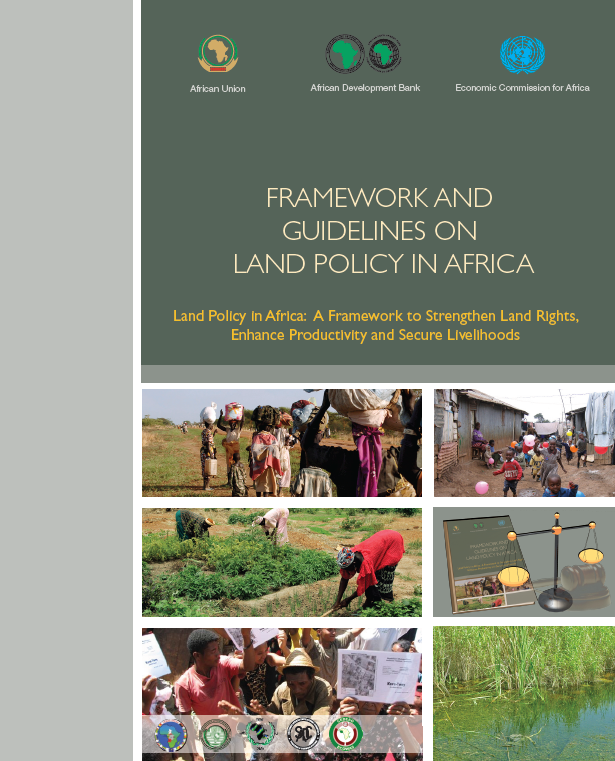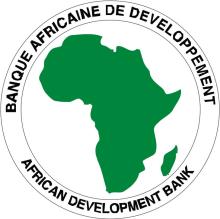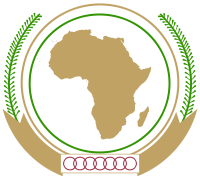Resource information
The Framework and Guidelines on Land Policy is a joint product of the partnership and collaborative effort of the African Union Commission (AUC), the UN Economic Commission for Africa (ECA) and the African Development Bank (AfDB) to promote Africa’s socioeconomic development, through inter alia, agricultural transformation and modernisation. Initiated in 2006, the aim of the Land Policy Initiative (LPI) was to examine land policy issues and challenges in Africa with a view to developing a framework to strengthen land rights, enhance productivity and improve livelihoods.
The Framework and Guidelines provides a clear overview of the historical, political, economic and social background of the land question in Africa and elaborates on the role of land as a valuable natural resource endowment in attaining economic development and poverty reduction. Based on lessons and best practices identified in land policy development and implementation across Africa, it outlines how the land sector should perform its proper role in the development process. The Framework and Guidelines promotes the need for a shared vision among all stakeholders of a comprehensive and coordinated land policy as a major factor in national development. It urges African governments to pay attention to the status of land administration systems, including land rights delivery systems and land governance structures and institutions, and to ensure adequate budgetary provision to land policy development and implementation. Progress will require the development of tracking systems and mechanisms of land policy formulation and implementation that will enable African governments learn from past successes and setbacks, and make timely readjustments to national land policy processes.
This Framework and Guidelines is much more than simply another document on land. It reflects a consensus on land issues; and serves as a basis for commitment of African governments in land policy formulation and implementation and a foundation for popular participation in improved land governance. Its other fundamental purpose is to engage development partners in resource mobilization and capacity building in support of land policy development and implementation in Africa.
The Framework and Guidelines has been developed through a broad consultative and inclusive process and is based on rigorous analysis and assessment of factual situations and realities. It was endorsed by the Joint Conference of Ministers of Agriculture, Land and Livestock held in April 2009 in Addis Ababa, Ethiopia, while the 13th Ordinary Session of the African Union Assembly of Heads of State and Government held in July 2009, Sirte, Libya, adopted the “Declaration on Land Issues and Challenges in Africa” urging the effective implementation of the Framework and Guidelines on Land Policy in Africa. The Assembly further requested the African Union Commission, in collaboration with ECA, AfDB and the Regional Economic Communities to support Member States in their efforts towards reviewing, developing and implementing land policies including mechanisms for progress tracking and reporting.
The AUC-ECA-AfDB Consortium has engaged with key development partners in seeking support at regional and national levels for this work and wishes to express gratitude for their support at the different stages of the process and for helping to move the agenda forward. We strongly hope that this exemplary engagement will continue during the implementation phase to achieve successful results.
A viable Land Policy is a sine qua non for Africa’s realisation of its development agenda. We, therefore, strongly recommend this Framework and Guidelines to all stakeholders including policy and decision makers, practitioners, and Civil Society Organisations, as an integral toolkit and reference for developing efficient national and regional land policies and programmes.




